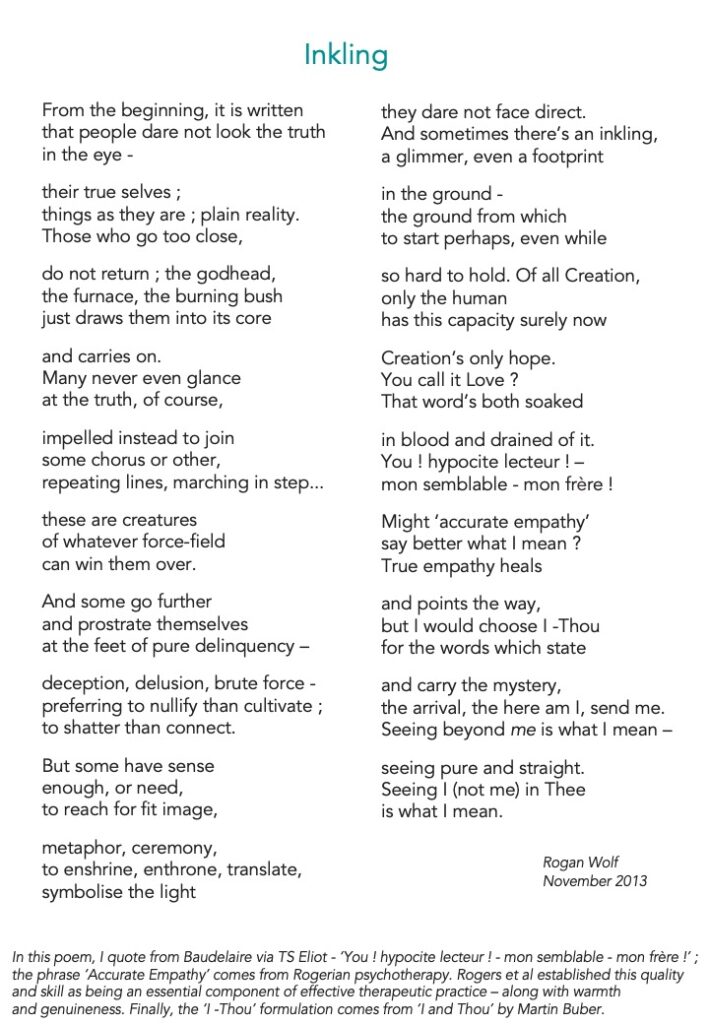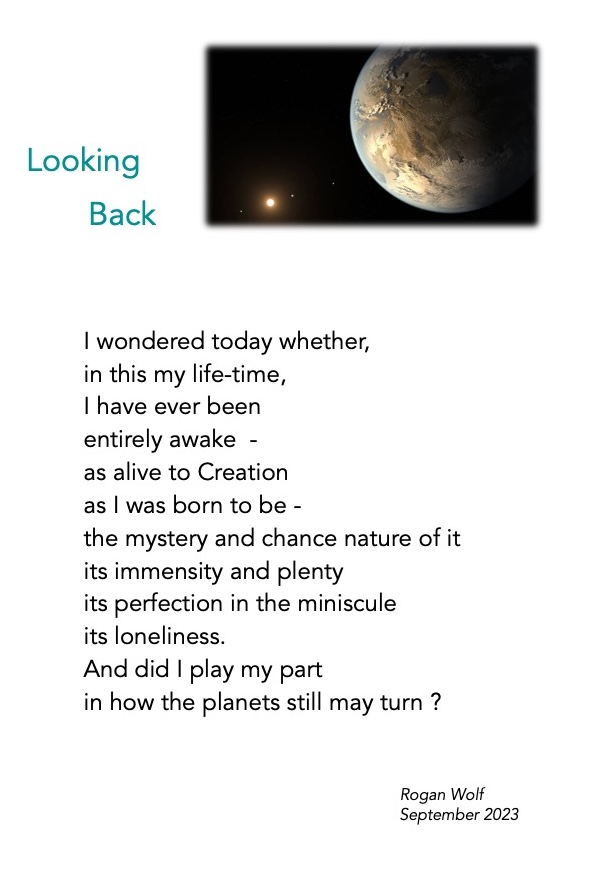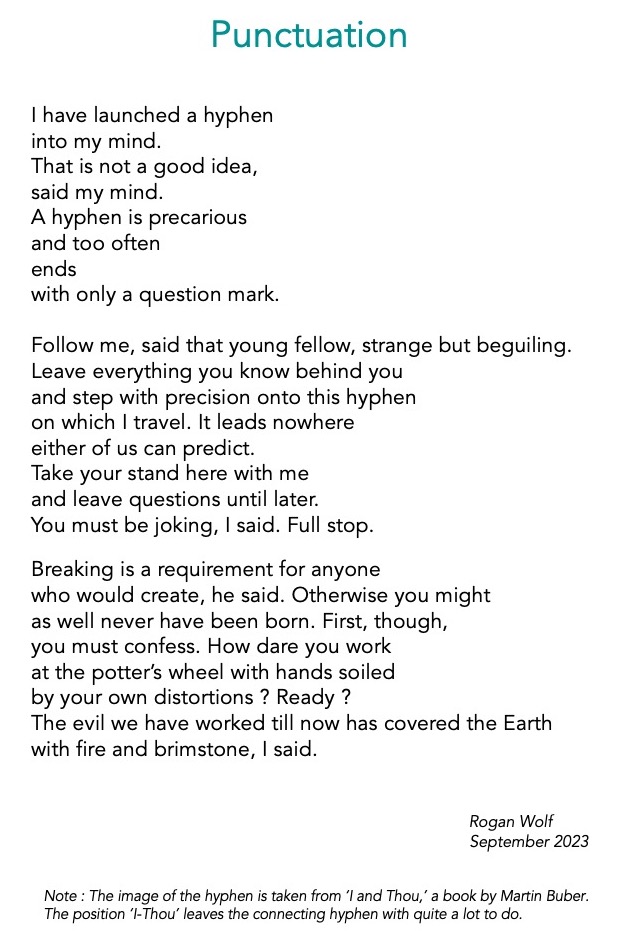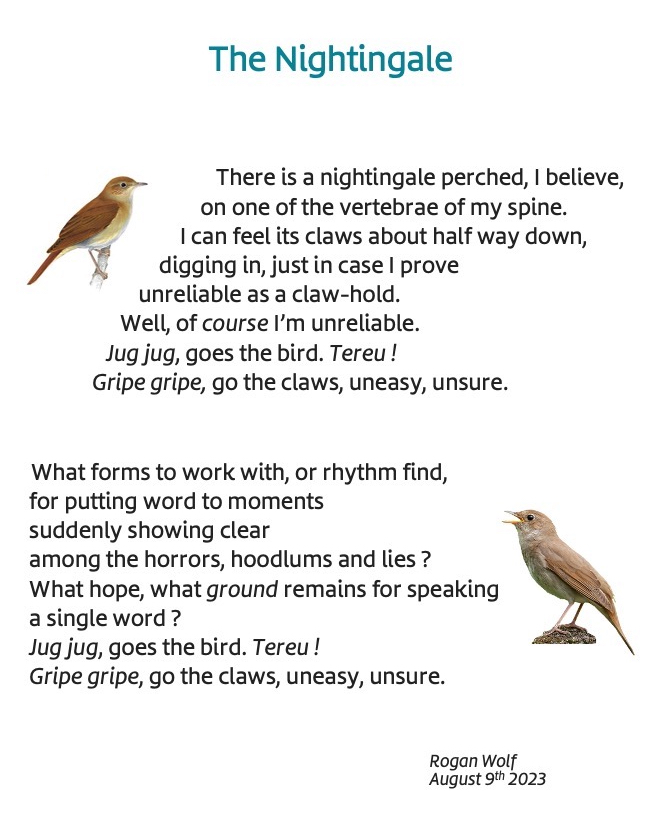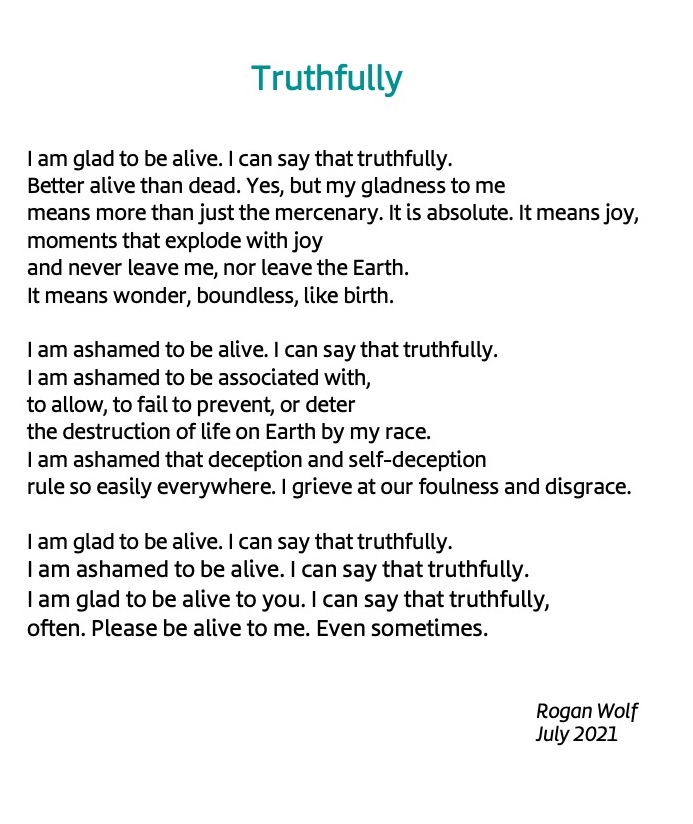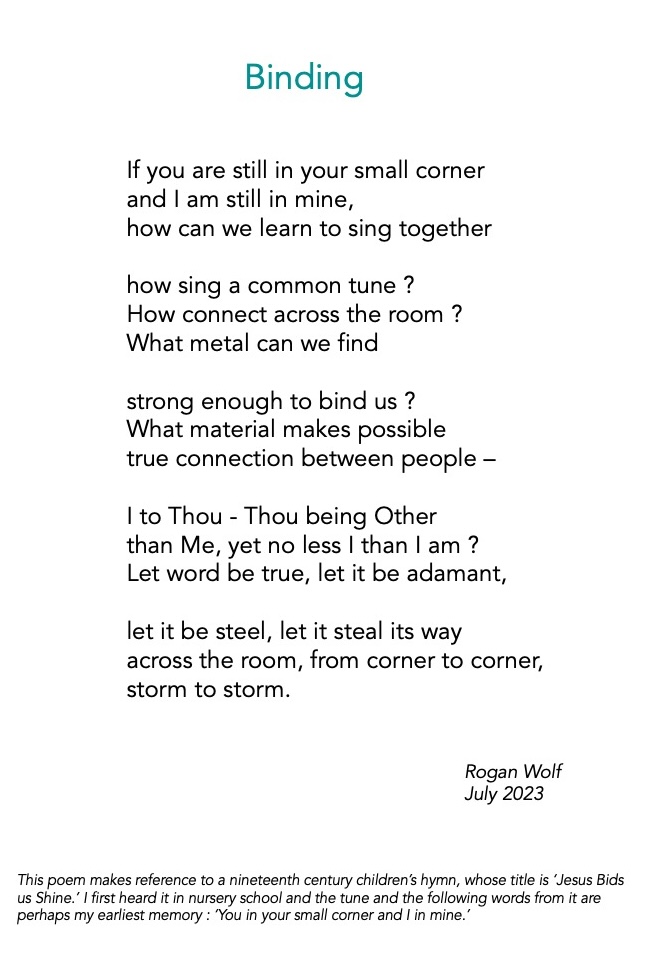
In all our sanctuaries we sit at risk
-
Posted:
-
-
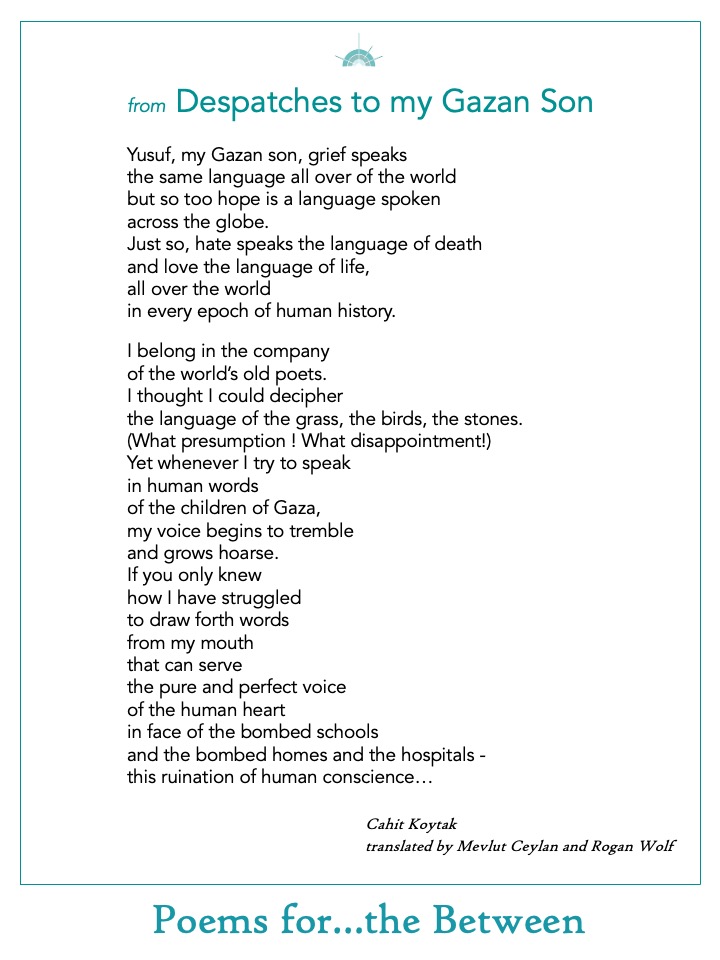
The lines quoted above come from a book-length poem by Cahit Koytak, a distinguished Turkish poet. In Turkish, the poem is called ‘Gazze Risalesi’ and addresses two Josephs in turn, one a Palestinian boy exposed to the bombing of Gaza, and the other an Israeli young man, a bomber pilot. Cahit Koytak talks to them both as if he’s their father (he’s just a bit younger than me). He talks also a bit like an Old Testament prophet arriving from out of the desert.
The Yunus Emre Institute is the title of the Turkish equivalent of the British Council. A Turkish friend of mine called Mevlut Ceylan, who lives in London, was commissioned by Yunus Emre to translate Cahit’s poem into English, with a view to publishing it as a book. In turn, Mevlut asked me to turn his adopted English into my mother-tongue English. I found the poem immensely powerful and moving and beautiful and suggested the title should be ‘Despatches to my Gazan Son’ (not a direct translation).
(I believe the poem has also been translated into Arabic and this version too has been published as a book).
For the English version, I worked closely with Cahit and one result of this story has been a warm friendship between us. Another, a handsome bilingual book of the poem, English opposite Turkish, page by page, published by Yunus Emre. Also two audio recordings on You-tube – of some of the Turkish original read by Cahit ; and of some of the English translation read by me (Cahit’s sons contributed the pictures and – in my son Nik’s opinion – put a bit too much reverb. into the recordings !). Other results ? A few short excerpts were reproduced on the website of a reputable organisation called The Electronic Intafada. Any other results ? None whatsoever, as far as I can tell. The book might as well never have been published.
In my coverage of the above, I hope it’s clear that I am not resorting to some simple villain/victim interpretation of recent events in that part of the world. There are two oppressed peoples sharing this tiny, hot and dusty space, rent and bleeding through history, now rending each other. But what is happening and is still happening cannot be witnessed coolly and cannot just continue. I admire Daniel Barenboim’s response : here is a link to it, for any who haven’t come across it.
I think there may have been politics involved in the reason Cahit’s book has been so little promoted. For a time, the Turkish Govt may have wanted to be seen as champion of the Palestinian cause. Then things changed and became more complicated and other calculations came to the fore. But that is guesswork, on my part.
And the essential point is, of course, that Cahit Koytak wrote this poem in 2008, when the same thing was happening (the book was published much later, in 2016). And here we are in October 2023 and the poem could have been written yesterday. The very short extract I’ve uploaded here comes from somewhere near the poem’s beginning.
Posted:
-
-
-
A Joint Recital of Poetry and Organ Music
The recital will take place on September 15th, in a parish church near Stroud in Gloucestershire.
See the small poster below and, below that, a few more details on the two performers.
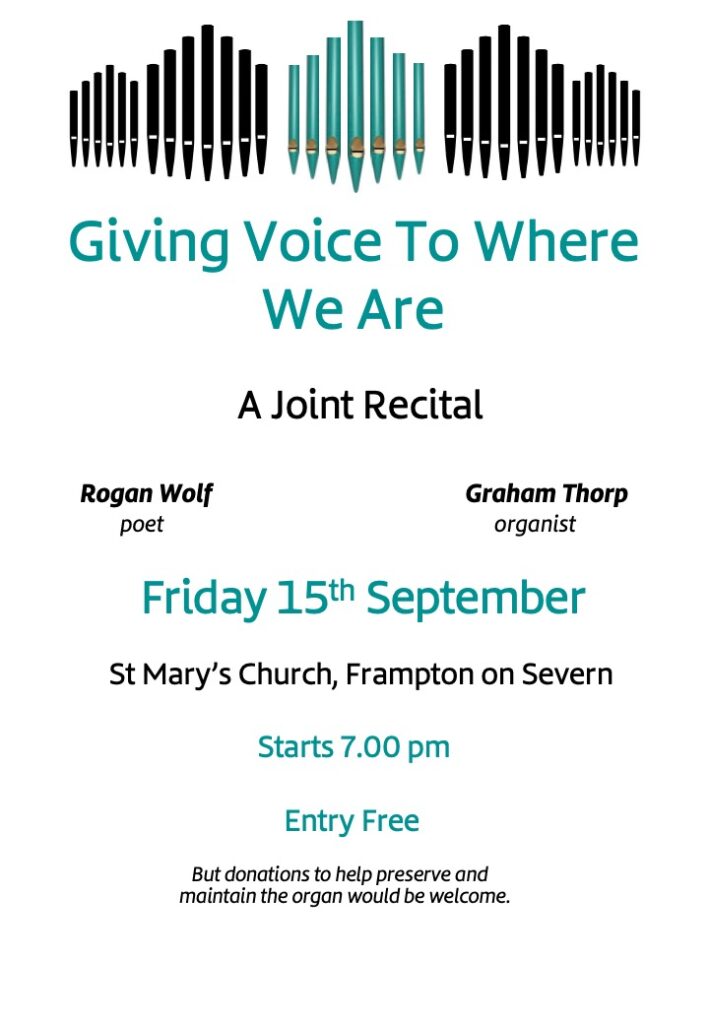
Posted:
-
-

